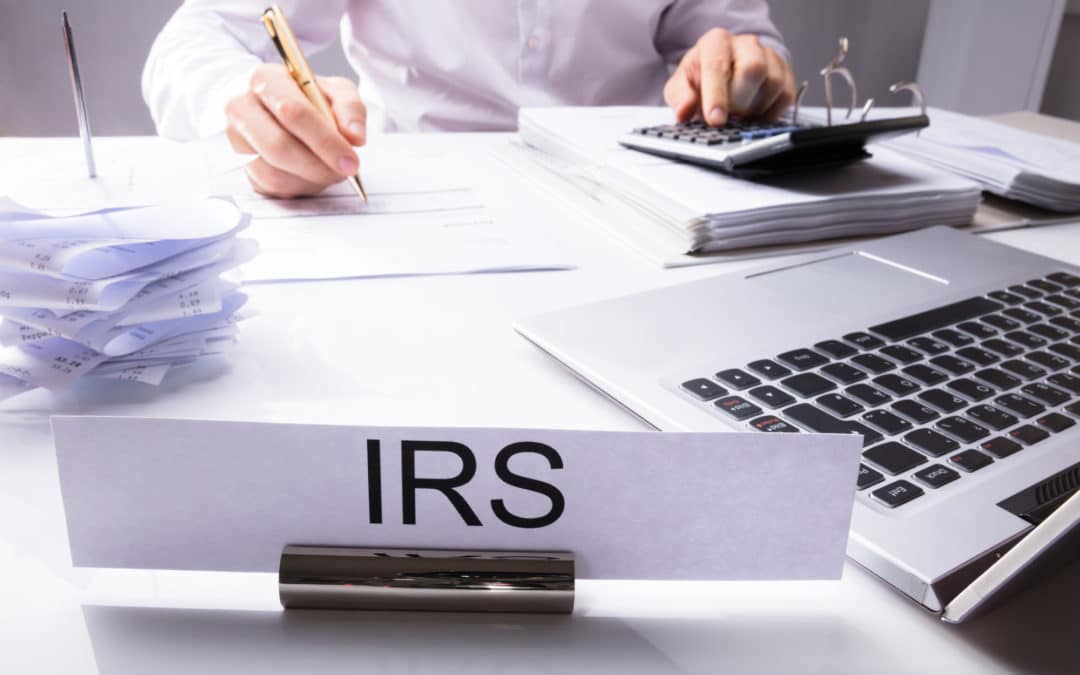Let’s face it, we can all get into financial difficulties at times. It might be because of a larger than expected tax bill. It could be due to a house or car repair that eats into our finances. We might even get into financial difficulties because of a lapse in memory, perhaps when we forget to file our taxes on time, or when we forget about the deadlines on a household bill. We then face the financial consequences of our forgetfulness.
When financial difficulties arise we can find ourselves with unpaid debts. It is at this point that our creditors might place a lien on our property. This gives the creditor a way of satisfying the debt that is owed, as they have the legal right to seize the property and obtain the money owed through the sale.
Of course, a lien can be lifted if payments are made and debts are resolved. Until then, however, the property serves as collateral on the property until the debt is repaid. During this time, the homeowner will need to repay the creditor or seek assistance from a specialist firm. In the case of a tax lien, Clean Slate Tax can help you resolve the problem with the aid of our experienced team of professionals.
Let’s delve a little further.
What Causes Liens On Houses?
As we suggested, liens stem from unmet financial obligations and unpaid debts. When the homeowner fails to pay the bill or balance, a lien might be placed by the creditor on their property.
Common reasons why there might be a lien on a property include:
Unpaid taxes: If you failed to pay your income or property taxes, the IRS could issue a Federal tax lien against your house.
Unpaid credit cards: Credit card bills can add up, but if you were to withhold payments, for whatever reason, the credit card company could issue a lien on your property.
Unpaid child support: If you didn’t pay the right amount of child support that had been agreed upon, the court might impose a property lien. These are called court or judgment liens. Judgment liens can also be issued when somebody wins a lawsuit against you for any other legal matter.
Unpaid maintenance bills: If you failed to pay your contractors or other home service professionals for work done, you might find yourself with a mechanics lien against your property.
As you can see, there are all kinds of reasons as to why you might get a lien on your property. The types mentioned are all linked to unpaid debts, and so until those debts are paid, you will be forced to deal with the effects of the lien.
However, while some liens are imposed on your property because of unpaid debts, there are others that have nothing to do with your repayment history. You will already have a lien if you have a mortgage, for example, and this is because the lender uses your property as collateral. This lien won’t be harmful to you if you keep up with your mortgage payments. Once you have paid off your home, the lien will be removed, and you will be free from that burden.
Unfortunately, the other types of liens mentioned are harmful to you. For one, you will be forced to share ownership of your property with your creditor. During this time, you might have a hard time trying to sell your home if you intended to move. If you failed to pay your creditors what they were owed, your property might be seized and sold. This often happens in cases where there are unpaid property taxes. Thankfully, most creditors will wait for the debt to be settled, but you do need to evidence your willingness to pay back the money that is owed.
How Can You Prevent A Lien?
So long as you keep up with your payments, you won’t have to face the prospect of a lien on your property. If you face difficulties making payments, your best course of action is to always speak to your creditor, as they may be able to offer a repayment solution that satisfies both them and yourself.
So, when it comes to the IRS, for example, you can sometimes avoid a tax lien by getting in touch with them. You might also contact us, as we can give you advice on reducing your tax liabilities.
How Can You Remove A Lien?
There are a number of options open to you.
Pay it off: The sooner you pay off your debts, the sooner your lien will be released. It might be that a repayment plan with your creditor will help you pay back the debt sooner, or you might be able to raise finance to sort the issue.
Negotiate with your creditor: Not all creditors are unreasonable. If you can’t afford to pay back all the money that is owed, but can at least afford to pay some of it back, you might be able to come to a reasonable agreement with your creditor.
Dispute the lien: If you don’t agree with the lien that is placed against your property, you do have the right to dispute it. It is important to seek legal advice, however, as you want to make sure you have a valid case before pursuing legal action. Otherwise, you would incur more costs and push yourself further into debt.
Finding Help
If you are struggling with unpaid debts, seek assistance from a debt-relief charity near you. The sooner you receive help, the sooner you will be able to take the necessary steps to alleviate your debt situation. This should then reduce the risk of a lien being placed on your property.
If you already have a lien on your property and you’re hoping to sell it, enlist the services of a real estate agent with lien experience to help you sell.
Ask for financial help too. It might be that somebody you know can help you pay off your debt, or your creditor might have a solution that works for you.
And seek professional help with the lien. In the event of a tax lien, we can advise you further. You can find out more information here, so give us a call if you require assistance.
The sooner you get help, the sooner the burden of a property lien will be lifted from you.





Very nice post. I just stumbled upon your weblog and wished to say that
I have truly enjoyed surfing around your blog posts.
After all I will be subscribing to your feed and I hope you write
again very soon!